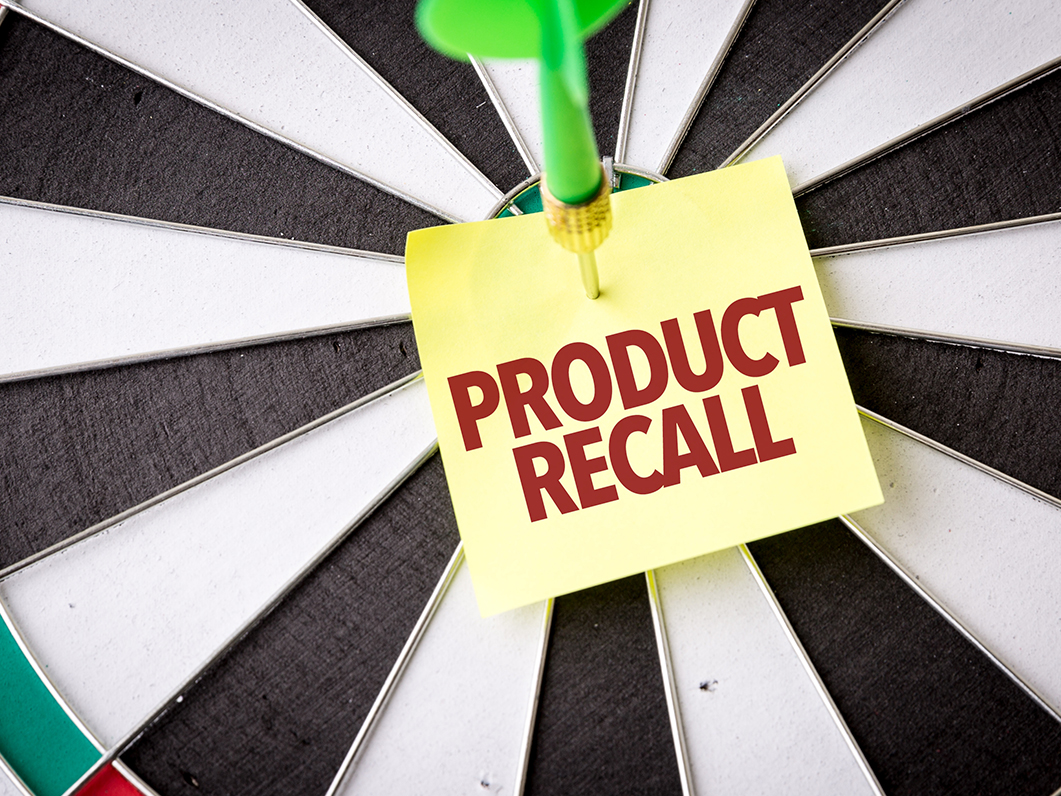Jennifer McEntire, VP of Food Safety and Technology for United Fresh Produce Association, shared terrifically comprehensive information this week on the FDA’s mandatory recall and steps the industry can take to stay ahead of such action.
In her email, Jessica included this link to finalized guidance regarding the circumstances under which they will use their mandatory recall authority with several bullet points on “what you need to know.”
Those points include:
a. Try to prevent contamination from occurring so you don’t need to recall!
b. Be prepared to work expeditiously with FDA to execute a recall, if necessary. If they feel you are dragging your feet, they may be inclined to use mandatory recall authority.
c. Seek outside help (I’m happy to help and/or provide referrals). We are currently scheduling our 2019 Recall Ready Workshops; you can find helpful resources on our website and we are always available for company-specific support. Be prepared!
Jessica also provided this link, Free UFPA member webinar on Nov 27 on the Voluntary Qualified Importer Program (VQIP), letting us know that several FDA staff have offered to participate.
If there are any questions in advance that would be beneficial for Jessica to send to the FDA, you can contact her at jmcentire@unitedfresh.org or 202-303-3419.
She recommends taking advantage of an all-access education package, which will save members time and money and also give new United members the opportunity to obtain a single registration package that includes United’s three core events – FreshStart 2019, the convention and The Washington Conference
She said, “Speaking of FreshStart 2019 (Jan. 15-17), the food safety sector was first out of the gate in offering items for the auction, but the pace has slowed.”
She added that the Interagency Food Safety Analytics Collaboration (FDA, FSIS and CDC) evaluated outbreak data from 1998- 2016 to try to determine which foods are most responsible for foodborne illness from 4 pathogens. Of note to the fresh produce industry, vegetable row crops and beef were associated with 75% of E. coli O157:H7 outbreaks; Listeria monocytogenes was mainly associated with fruit and dairy products. Easy-to-read details are provided on pp 7-10.”
And with another link she let us know that the FDA also just published food safety observations at foodservice.
Jessica said, “The ‘out of compliance’ rates for things like handwashing (starting with Table 7 on p 21 and detailed in the next few pages) really shocked me!”


